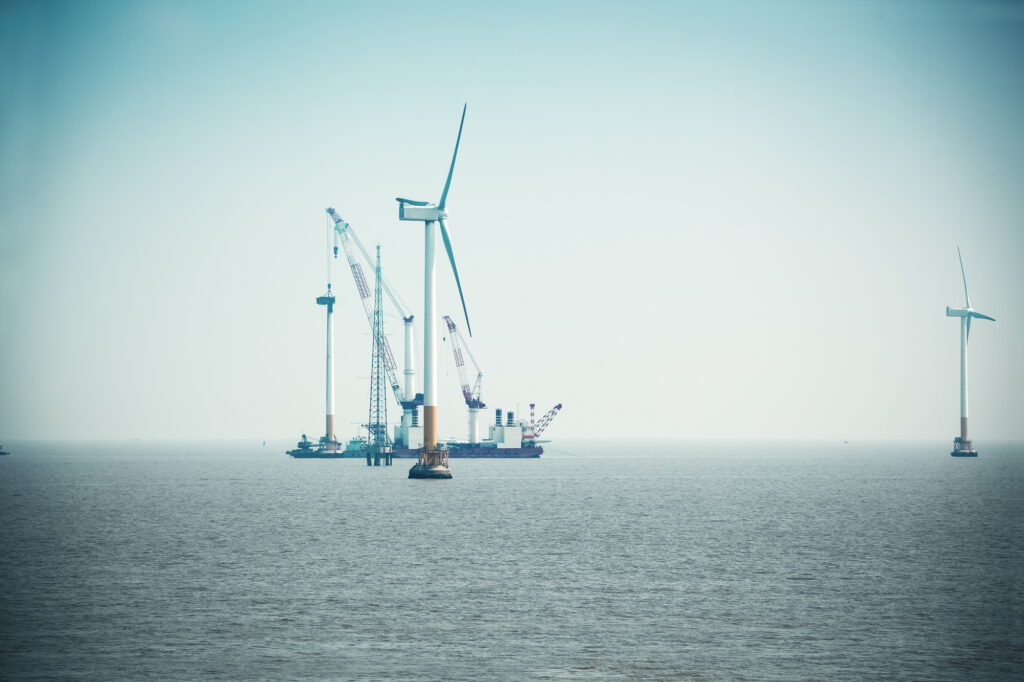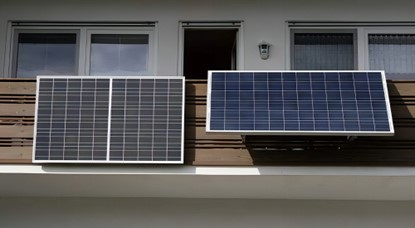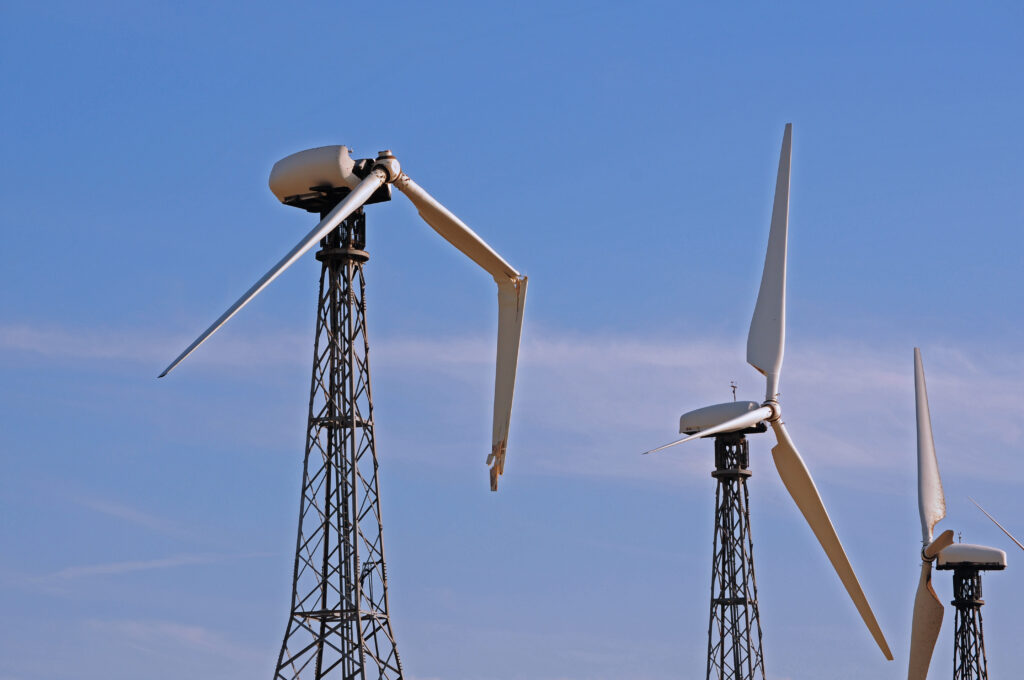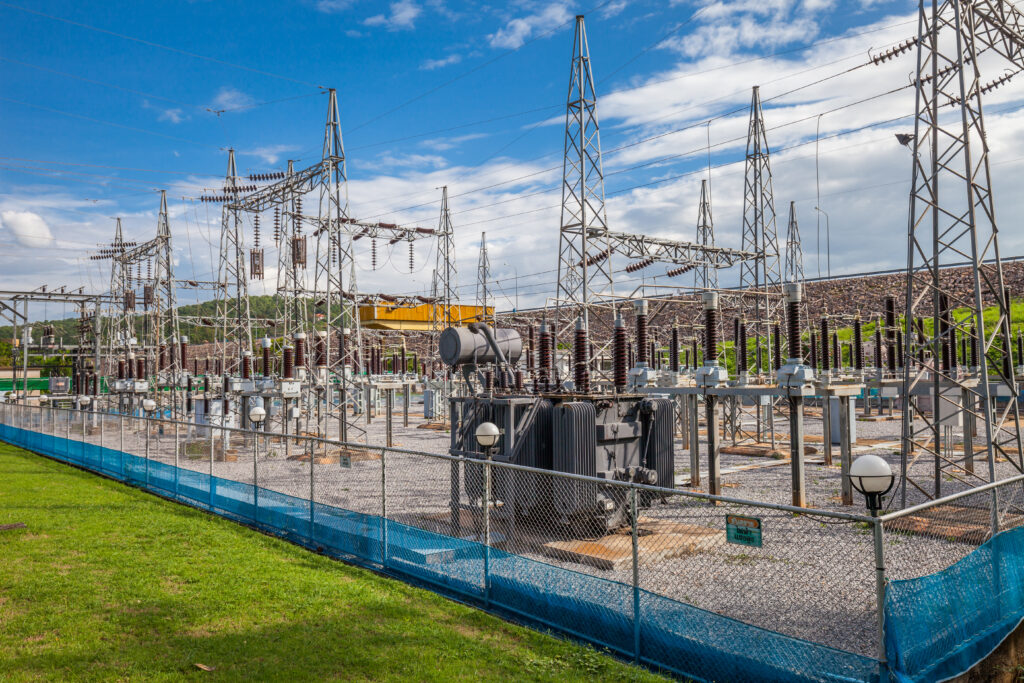Spis treści
The turn of the year brought new records in electricity production in Polish wind farms. In the middle of the week, the instantaneous power supplied by windmills reached 7,600 MW, and at that time the record for hourly electricity generation was also broken. According to official information from PSE, windmills produced 7,576 MWh per hour.
The previous records came from April 2022, when wind turbines reached a temporary power of 7,205 MW and hourly generation was 7,185 MWh.
In recent days, wind turbines have repeatedly overtaken hard coal, thus becoming the largest source of electricity. For now, there is no information that the operator will follow through on its warnings from the last days of December that, if necessary, it will reduce the power supplied by wind turbines.
However, nothing has changed regarding the amendment of Rule 10H, the project remains in the drawer of the Speaker of the Sejm, even though the government has already promised to modify it in such a way that the residents of a given commune are to have the right to part of the wind production.
However, the government definitely wants to increase the capacity of offshore wind farms that would be built as a result of auctions planned for the second half of the decade. There will be 4 auctions instead of 2, and their outcome would result in the emergence of not 5, but 12 GW of new capacity. Such a proposal is included in the draft amendments to the RES Act, which is already awaiting adoption by the Council of Ministers.
In mining, changes, rewards and demands for raises
Tauron got rid of its three mines for a symbolic zloty: Brzeszcze, Janina and Sobieski. The buyer of Tauron Wydobycie was, of course, the State Treasury. At the end of 2015, the outgoing PO government sold Brzeszcze to Tauron – also for one zloty.
In 2022, due to the skyrocketing coal prices, Tauron’s mines were slightly profitable, but for years they were generating annual losses amounting to hundreds of millions of zlotys.
The change of ownership did not happen for free. All Tauron Wydobycie employees received PLN 12,000 each. PLN as “compensation for inflation”.
Inflation is also cited by trade unionists from Jastrzębska Spółka Węglowa, who, in a collective dispute, demanded a 25% increase from January 1, 2023. As they claim, last year’s profit of JSW, which reached PLN 6 billion in the first three quarters of the year, is not only due to good economic situation, but also the commitment of the crew. In 2022, remuneration at JSW has already increased by 10 percent, and in mid-year, employees also received a one-off bonus of PLN 13,000-19,000. PLN gross, which cost the company almost half a billion.
Gas consumption in Poland has dropped significantly
Last year, just over 15 billion cubic meters passed through the system of the gas transmission operator Gaz-System. gas, i.e. 17.5% less than in 2021. Transmission data shows that large customers reduced their consumption the most – by over 30%. Gaz-System sent 13% less to customers connected to distribution networks.
The decline in consumption in the winter season, which is counted from October 1, is slightly different. It amounted to 18%, even though the largest consumers received as much as 37% less gas than in the same period in 2021. However, the November and December cold wave increased the consumption of gas for heating.
EUR 280 is the ceiling for electricity prices for small companies in France
France’s largest electricity suppliers, including EDF and TotalEnergies, have agreed to cap the electricity price for small businesses at €280 per MWh. The talks were attended by the French government, which owns EDF, but TotalEnergies, for example, is a private company with little state participation.
Most small French companies are covered by the same protection as households and the maximum increase in electricity and gas prices for them cannot exceed 15%. However, a large number of enterprises ran out of electricity supply contracts last year and had to sign new ones on market terms, i.e. at a very high price. President Emmanuel Macron stated that these conditions were unacceptable, and the government managed to persuade sellers to impose some self-restraint.
Germany is not at risk of blackouts this decade
The German regulator BNetzA assessed that the country will not be threatened with electricity shortages in the coming years, even if coal is abandoned and despite the final shutdown of the last nuclear power plants announced for April 2023. The condition is to maintain the planned pace of renewable energy development. According to German media, BNetzA in its forecast for 2025-2031 stated that during this time electricity supplies will be guaranteed non-stop, even if electricity consumption significantly increases due to the development of electromobility and the spread of heat pumps.
The current coal phase-out date in Germany is 2038, but the current government intends to accelerate this process and eliminate coal around 2030.













